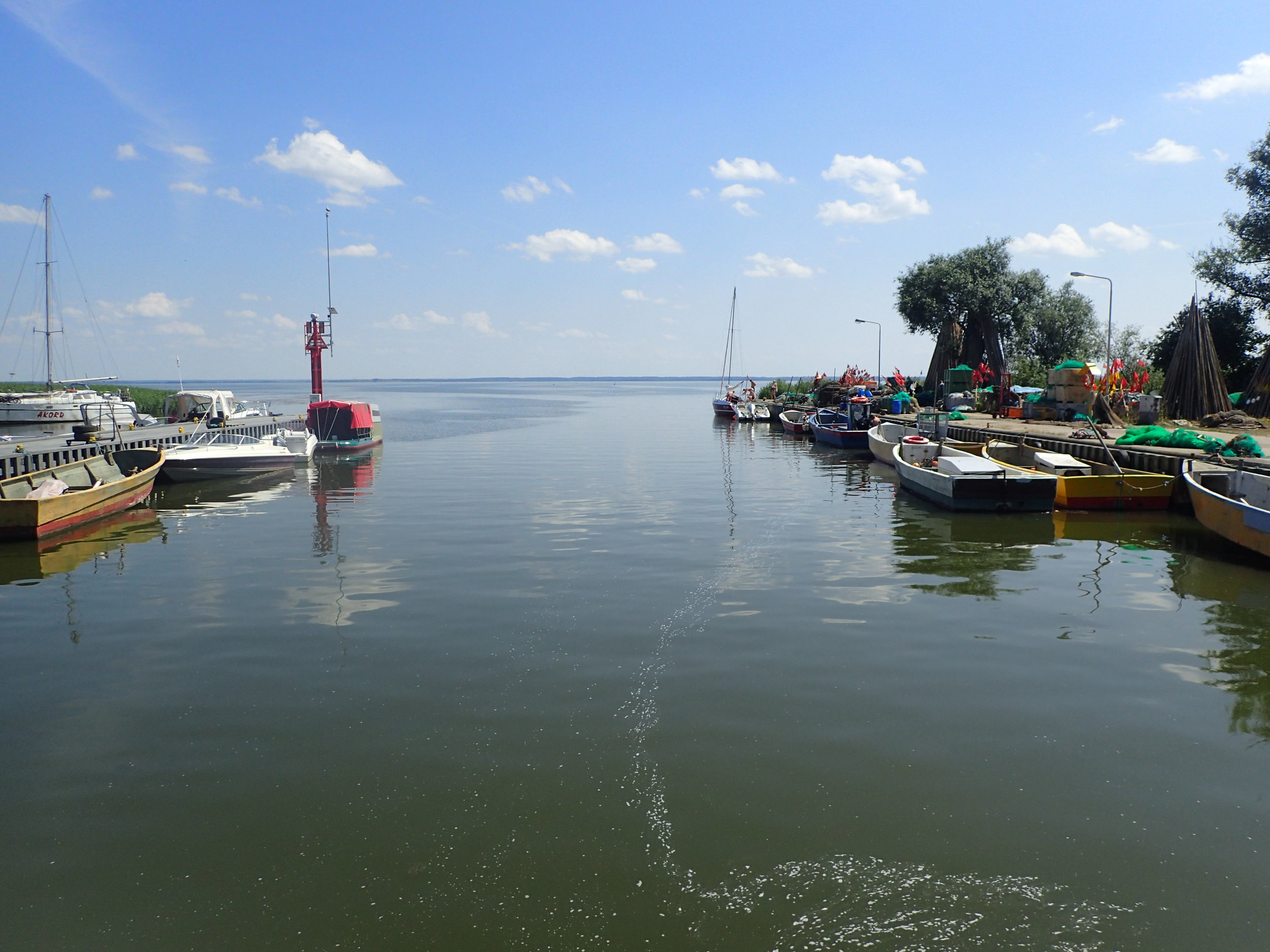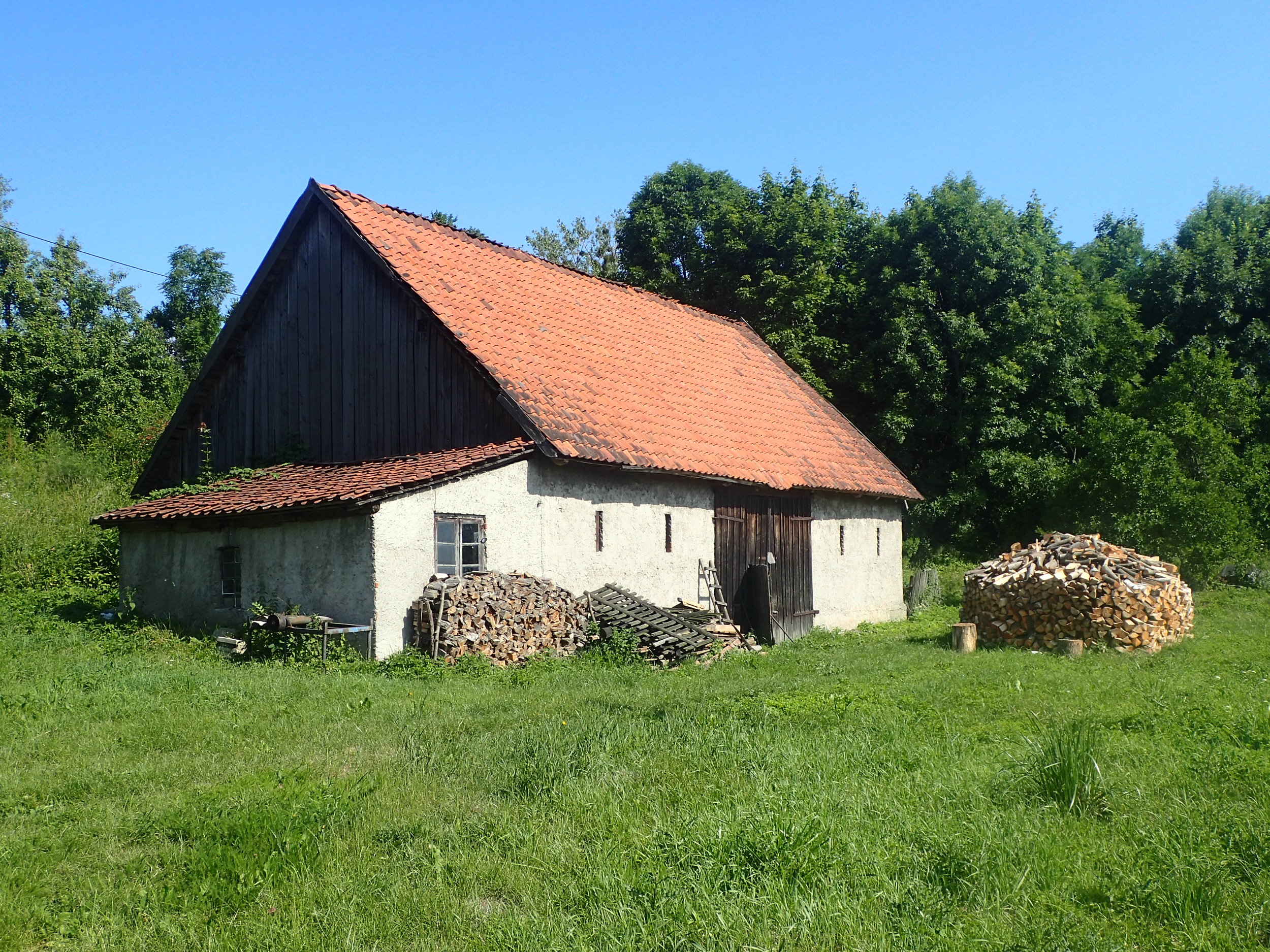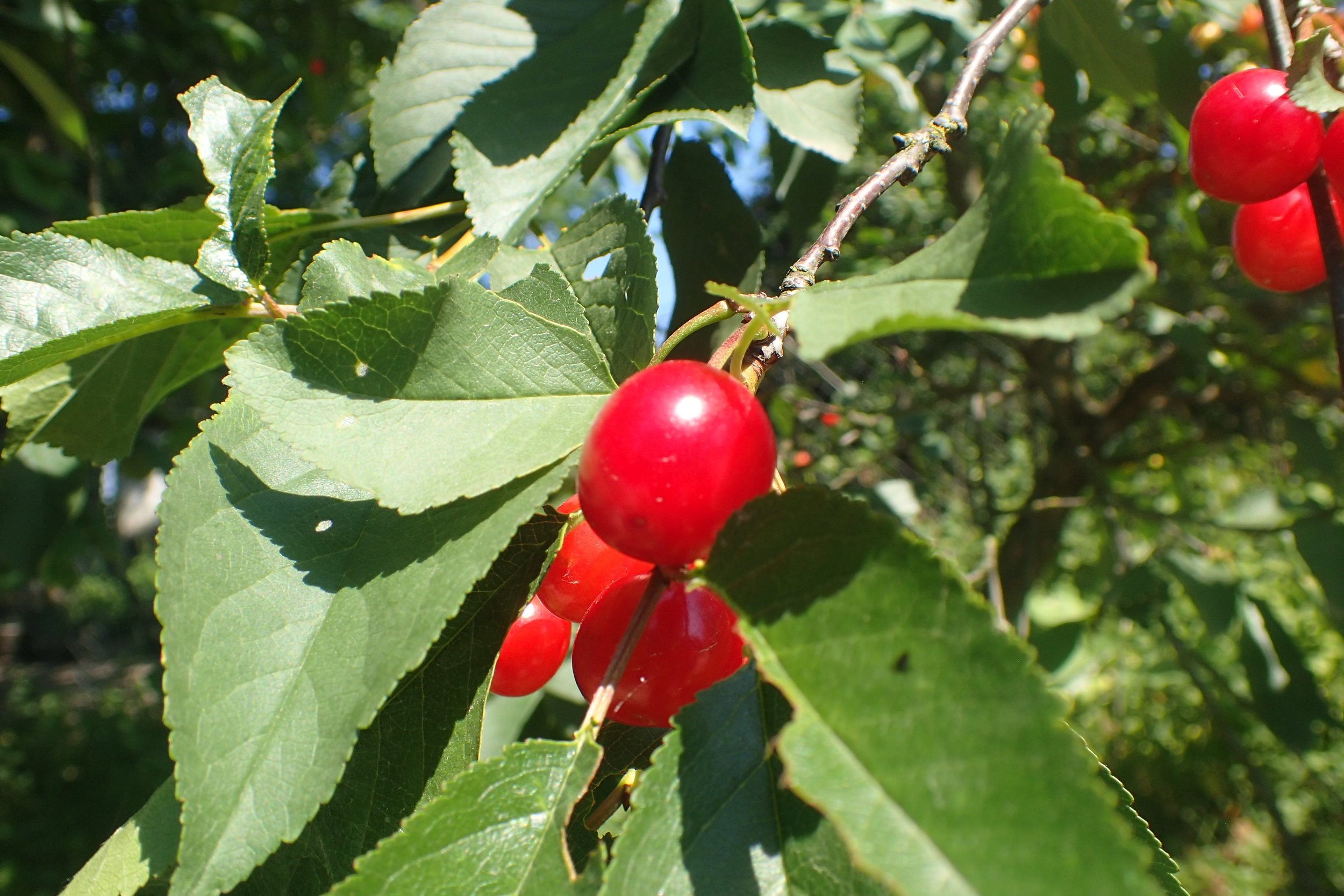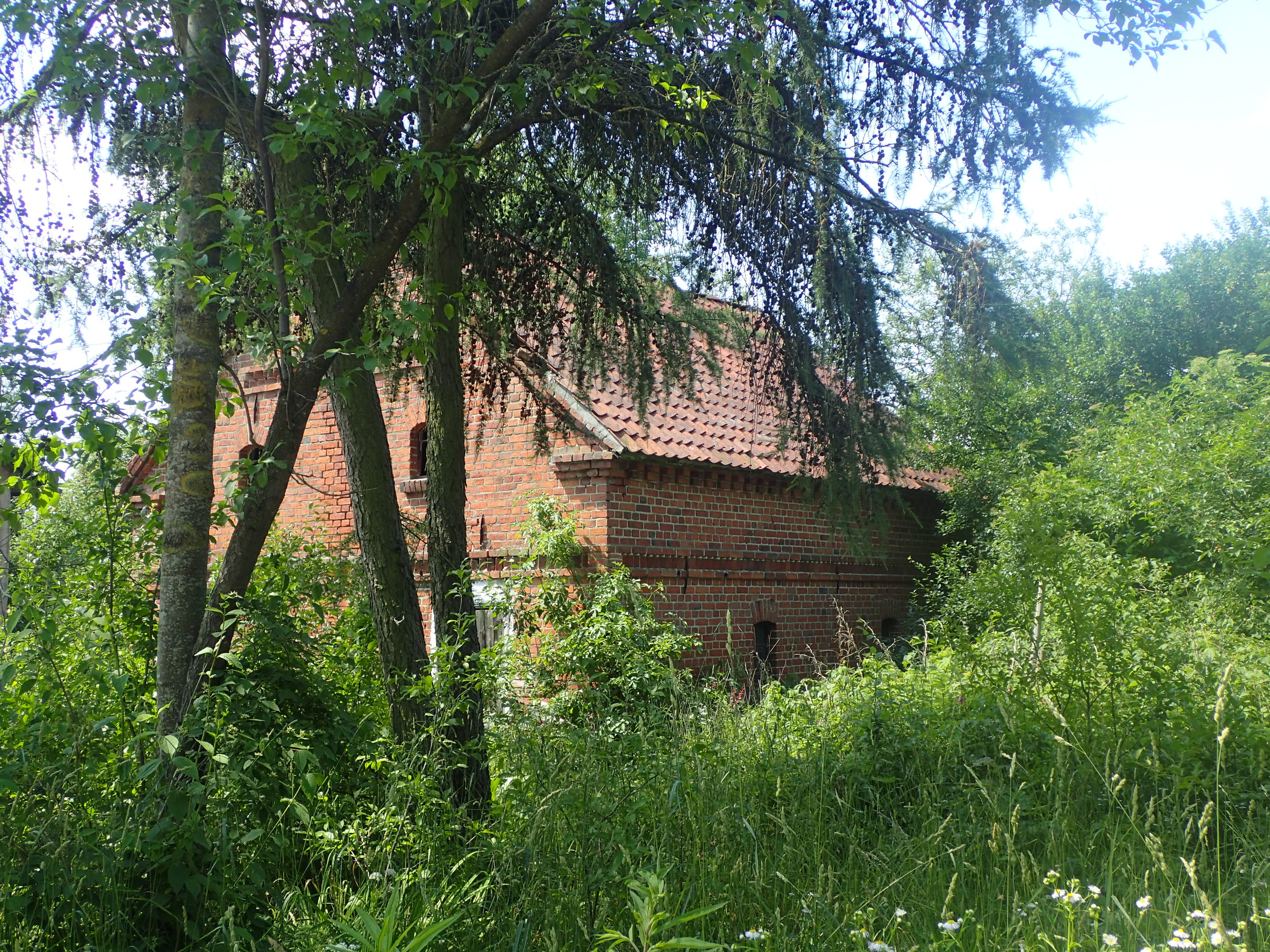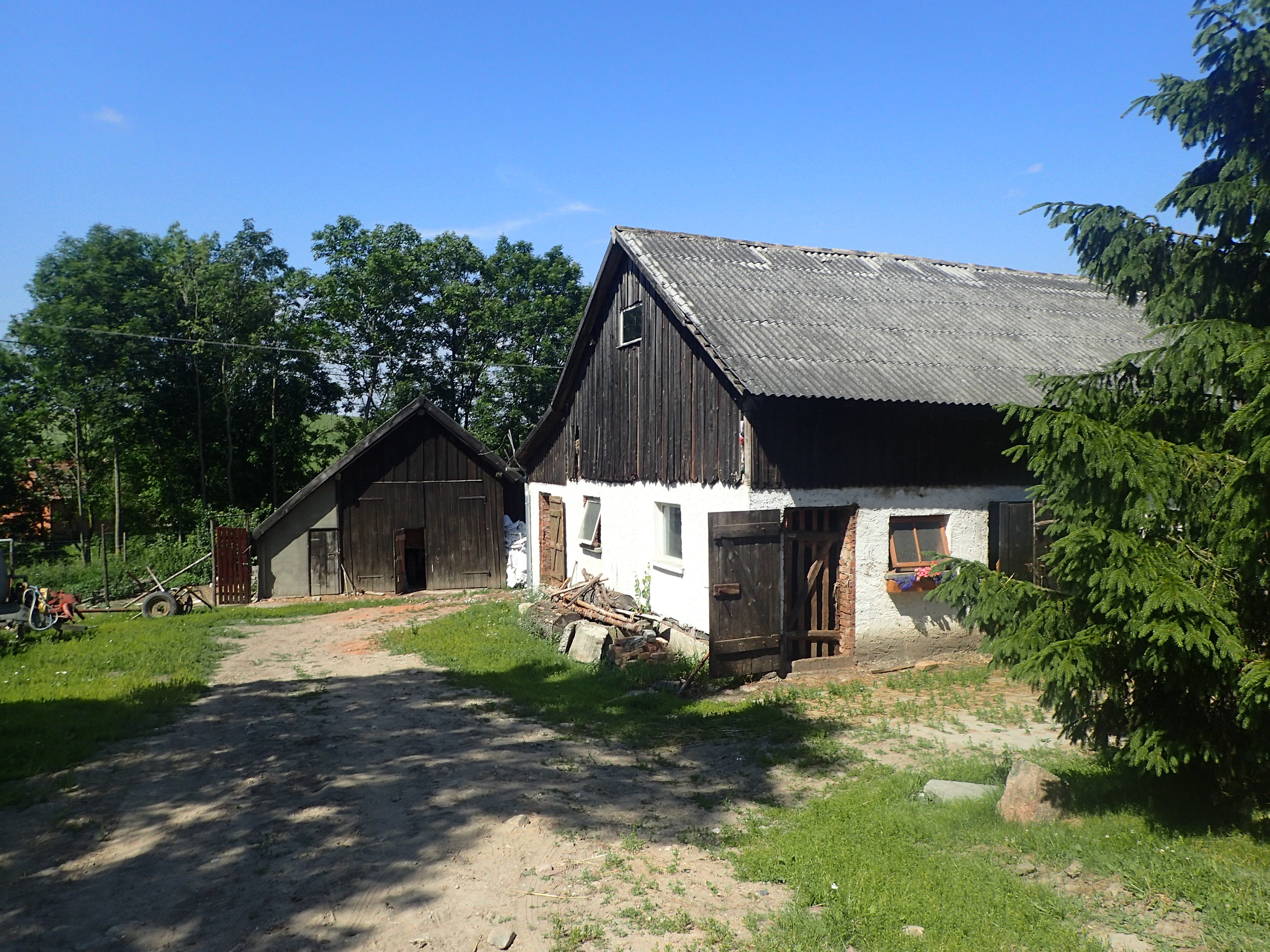Recently, I made the suggestion to bring my mother to her birth place in Voigsdorf, close to Rösel (now Poland), not far from Kaliningrad (back then Königsberg, now Russia). I received stiff opposition from all my mother's family to my idea, not because of my mother's weak health, but I was told: "It is not what it was". Of course, I respect that and vented the idea that I go myself and take a photo of my mother's birth house. And the response echoed: "It is not, what it was". This made me think, that it may have never been what "it was" in their minds. It is not uncommon for refugees to exaggerate their origin, and not uncommon for Germans to blur their Nazi past.
Anton had gaps, when talking about what he did in Russia. Sometimes, he was making jokes about dead Russian soldiers, and was mocking the wives and loved ones on the photos he found in their rucksacks, when he was searching them for food. He told about loosing his horse, but just being able to grab his rifle from the animal, and that nothing else matters than a gun, ammunition, water and food. And of course, for me as a teenager back then, he was a hero, and independent mind, who knew what is important in life, a rebel and all what the perceived "looser generation" of our parents were not. As a matter of fact, my parent's generation rebuilt this county after my grandparent's generation destroyed it. Then of course, all my aunts echoed the stories of Anton deliberately missing women and children with his gunfire, and being rescued by his Polish workers from the Russian military tribunal because he treated his workers so well. Well, maybe not. I remember that once in a delusion, he asked me to put his household helper in chains, as a punishment for a bad haircut. Anton was handicapend by a bullet wound in the right shoulder. But he was an exceptionally strong man. His stubborness was sometimes interpreted as some kind of wisdom. I think it was dementia which brought him closer to the truth. He told me, that I have to be a good boy, otherwise he will have to stay in hell for the rest of eternity. He made me promise, to get him out of there by being a good person. I promised. Of course I did. I love my grandpa. Anton kept being the undisputed patriarch of the family until his last breath and beyond.
I decided to go this summer in June to the house my mother was born, and try to close the circle of a long story. Anton Siegmund, had a long shadow over two generations. It was a cold shadow, with sharp edges. And it may have rescued his family. But it blocked the sunshine for far too many years.



